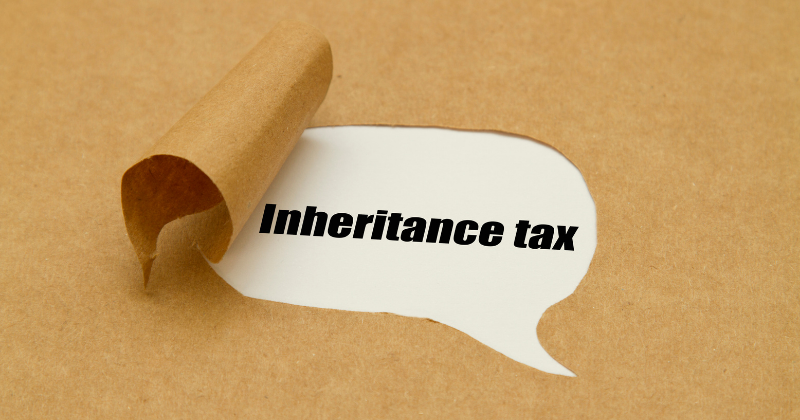
When a person dies, someone has to have the responsibility of closing the deceased’s estate – paying taxes, distributing property and other assets, settling debts and other responsibilities. The person who is responsible for closing the estate is called the executor, and they might be named in the deceased’s will or trust document or they could be appointed by the probate court if the person died intestate (without a will). Often the executor of the will is a close family member, or a trusted friend or advisor.
The executor of the will is responsible for seeing that all state, federal and inheritance taxes are paid. It is important to note:
• The executor of the estate is not personally liable to pay any taxes: the payments should come from the deceased’s estate.
• The executor is responsible for filing all required tax returns.
• The executor is responsible to ensure all taxes are paid or file legal documents showing the estate does not have enough assets to pay due taxes.
During probate, the executor must ensure that bills are paid and may have to sell the deceased’s assets to cover costs, if necessary. In addition, the executor has to establish the estate as a separate tax-paying identity with the I.R.S. and oversee the payment of taxes.
If you agree to be the executor of someone’s will, you may want to hire an experienced probate attorney to advise you and manage closing the estate, preparing tax returns and finding ways to save time and money – and stress – in settling the estate.
In Illinois, the executor of a will must be:
• at least 18 years old
• a U.S. resident
• of sound mind
Illinois law prohibits people from serving as executor of a will if they:
• have felony convictions
• fail to provide for their family by gambling, abusing alcohol or drugs, “being idle,” or engaging in “debauchery”
• have a mental or physical incapacity that prevents them from managing his own affairs
• are diagnosed with fetal alcohol syndrome
Learn More:
• 12 Top Responsibilities of a Will Executor
• What Is Executor Breach of Fiduciary Duty?
An experienced probate attorney can help the executor of a will carry out their responsibilities, make sure the wishes of the deceased are respected and the estate is settled. A local probate attorney who has experience in the county where the deceased lived can help the executor navigate the probate court system and provide advice on closing the estate, and resolving any problems that arise. Contact the Estate and Probate Legal Group at 630-864-5835.
AREAS WE SERVE: Cook, Dupage, Kane, Lake, and Will counties